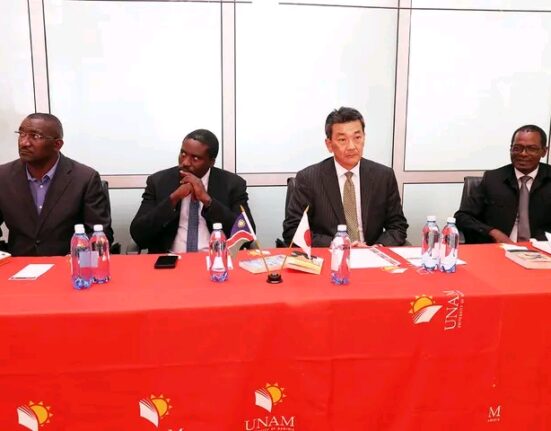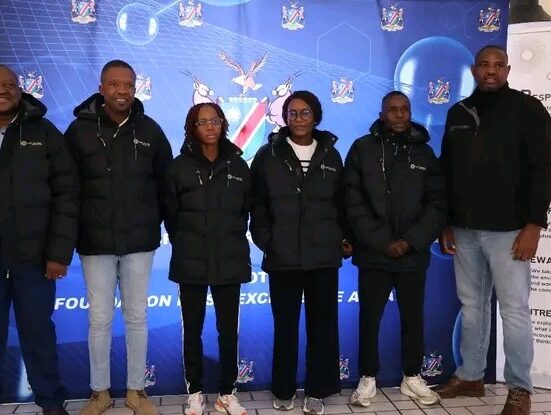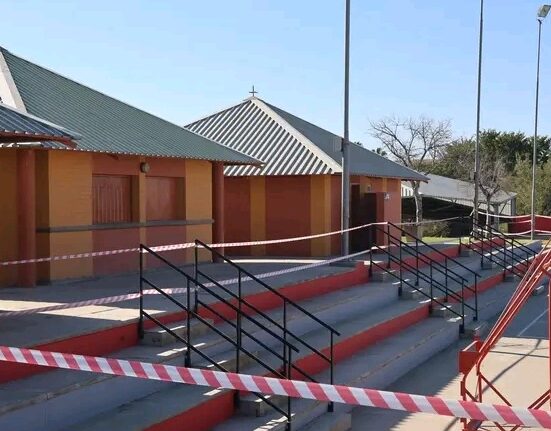Namibia’s state-owned telecom company, Telecom Namibia, has fallen victim to a ransomware attack, resulting in the leak of sensitive customer data, including information about top government officials. The breach occurred after the company refused to engage with a hacking group known as Hunters International.
Telecom Namibia confirmed that the hackers released the stolen data after the company declined to negotiate over the ransom demand. The company has launched an investigation to determine how such a significant breach occurred.
Outgoing President Nangolo Mbumba condemned the cyberattack, stressing the urgency with which it should be addressed. He emphasized that cybersecurity is a national security issue, as reported by his spokesman Alfredo Hengari in The Namibian newspaper.
Local media sources reported that nearly 500,000 pieces of personal and financial information were stolen, including details related to government ministries, senior officials, and other clients of the company.
Telecom Namibia’s chief executive, Stanley Shanapinda, explained that the company only discovered the leak last Friday, when they found that the stolen data had been published on the dark web. Initially, it appeared that no sensitive information had been compromised. However, as the investigation unfolded, it became clear that personal identification details, addresses, and banking information had been leaked and circulated on social media.
In response, Telecom Namibia is working with security officials to minimize further exposure and pursue legal action against the perpetrators. The company has warned the public not to share any of the leaked information.
“We caution that anyone who uses or circulates the leaked personal information will be committing a criminal offense,” Shanapinda stated. Additionally, the company advised customers to change passwords on their devices and avoid making suspicious financial transactions.
Ransomware, a type of malicious software, locks data and devices until a ransom is paid, typically in cryptocurrency. In the case of Telecom Namibia, the hackers reportedly demanded payment and threatened to release sensitive information if the ransom was not met. Ransomware attackers often set deadlines for payment and use the threat of leaking data to increase pressure on the victim.
Shanapinda confirmed that Telecom Namibia would not “negotiate with cyber-terrorists” and emphasized that paying the ransom offers no guarantees of data protection. “The sums they ask for are exorbitant and unaffordable. There’s no reason to even consider discussing it. And even if you pay, there’s no assurance the data won’t still be leaked,” he stated in a local media interview.
Join 'Namibia Today' WhatsApp Channel
Get the breaking news in Namibia — direct to your WhatsApp.
CLICK HERE TO JOIN












